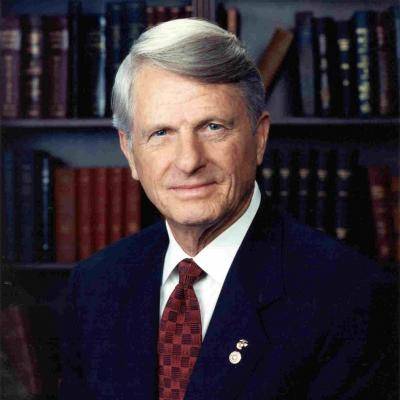Full-width profile
Architecture and Drawing; teach them technical skill, teach them how to manufacture, and graduate each in the Depart- ment he has thoroughly mastered. Such a College has Massa- chusetts and New York. They are common in the old countries. When we have built up one in Georgia, we believe the problem will have been solved. Turn out into the State each year, a class of skilled Mechanics, Architects, and Engineers, and there will be no want of skilled labor.
Little manufactures of every description will spring up right and left, the idle will be em- ployed, there will arise a demand for everything the farmer can produce, a sale for every article the manufacturer can put forth, and prosperity, such as we have never known, will rule in the land. With no idle labor, with a rapidly shifting pur- chasing power, with a good market and constant demand, any country under the sun is prosperous. Diversity of labor and protection of the manufacturing industries, we believe, is the secret of success. The latter we have; let the Legislature sup- ply the means of reaching the other.”
A large number of other newspapers followed the example of the vigorous editorials in the columns of the Telegraph and influenced public opinion in a favorable way by the time the legislature of 1882 began its session. Major Hanson’s son Walter and I were students at Emory at this time, and fre- quently heard Dr. Hopkins explain and praise this new ele- ment in college education, in which he was soon to be a leader.® The Honorable Nat E. Harris, as a member from Bibb County, took his seat in the General Assembly of 1882, the session beginning on November 24 of that year.
A few days later he introduced a resolution authorizing the appointment of a committee of seven by the speaker of the House to inves- tigate the question of technical education. 3 Major Hanson died in Atlanta on December 15, 1910, and was buried in Riverside Cemetery, Macon, Georgia.
And now a few words as to the title of this book: The pur- pose originally when the task was proposed was to write a simple factual history, composed mainly of the statistical records of the institution such as may be found in most vol- umes of the kind. Valued friends and co-workers, however, have repeatedly insisted that the account should be more per- sonal in nature, especially since the writer is the only man living who has been more or less closely in touch with Georgia Tech throughout the sixty years of the institution’s existence. In a very real sense, therefore, almost in the words of the classic poet, ‘‘Quorum pars . . . fui,” and the inability to attain the detached atmosphere of the unbiased historian may be pardoned.
